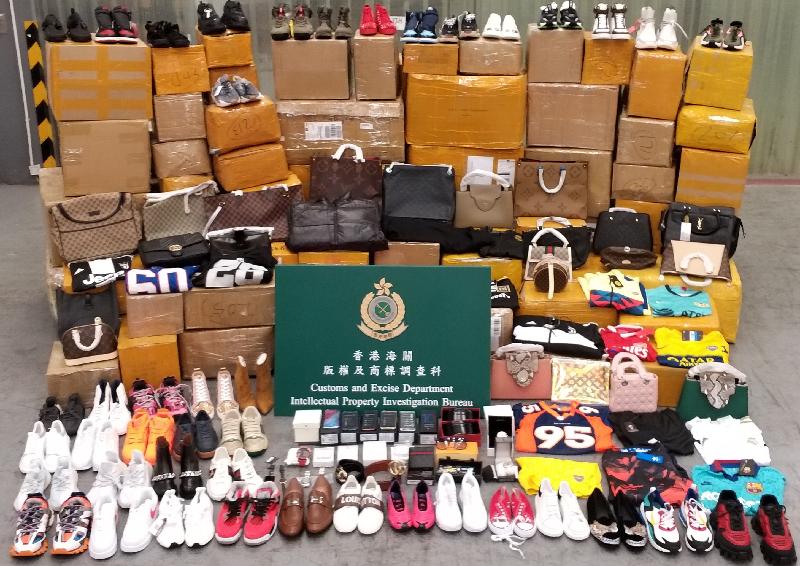The Centre for Health Protection (CHP) of the Department of Health is today (December 19) closely monitoring 10 additional cases of Middle East Respiratory Syndrome (MERS) reported to the World Health Organization (WHO) by Saudi Arabia from November 1 to 30. The CHP again urged the public to pay special attention to safety during travel, taking due consideration of the health risks in the places they visit.
According to the WHO, all 10 additional cases were male patients with underlying illnesses, with ages from 31 to 83. Among them, five had exposure to camels and consumed camel milk, and one has passed away.
According to the latest information, 2 494 cases have been reported to the WHO (with 858 deaths), including 2 275 in 10 Middle East countries comprising 2 102 in Saudi Arabia, 88 in the United Arab Emirates, 28 in Jordan, 24 in Oman, 19 in Qatar, six in Iran, four in Kuwait, two in Lebanon, and one each in Yemen and Bahrain.
“We will maintain close communication with the WHO and relevant health authorities,” a spokesman for the CHP said.
“As countries in the Middle East, particularly Saudi Arabia, continue to report MERS cases from time to time, travellers should refrain from going to farms, barns or markets with camels and avoid contact with sick persons and animals, especially camels, birds or poultry. Most of the cases reported in the Middle East had a history of exposure to camels, consumption of camel milk or contact with other MERS patients,” the spokesman said.
“Scientific evidence has shown that camels are reservoirs for MERS Coronavirus (MERS-CoV). Camels infected with MERS-CoV may not show any signs of infection. Infected animals may shed MERS-CoV through nasal and eye discharge and faeces, and potentially in their milk and urine. The virus may also be found in the raw organs and meat of infected animals. Therefore, the best protection is to practise good hygiene and avoid direct contact with all of these,” the spokesman added.
From time to time, suspected MERS cases reported to the CHP for investigation involve patients with a history of contact with camels in the Middle East. The CHP strongly advises travel agents organising tours to the Middle East to abstain from arranging camel rides and activities involving direct contact with camels, which are known risk factors for acquiring MERS-CoV.
Travellers to affected areas should maintain vigilance, adopt appropriate health precautions and take heed of personal, food and environmental hygiene. The public may visit the MERS page of the CHP and its Travel Health Service, MERS statistics in affected areas, the CHP’s Facebook Page and YouTube Channel, and the WHO’s latest news for more information and health advice. Tour leaders and tour guides operating overseas tours are advised to refer to the CHP’s health advice on MERS. read more


